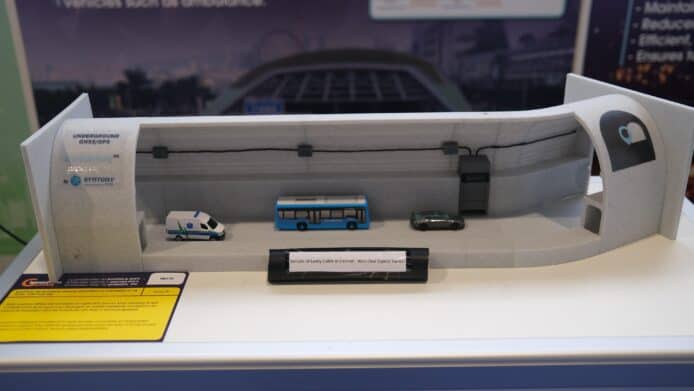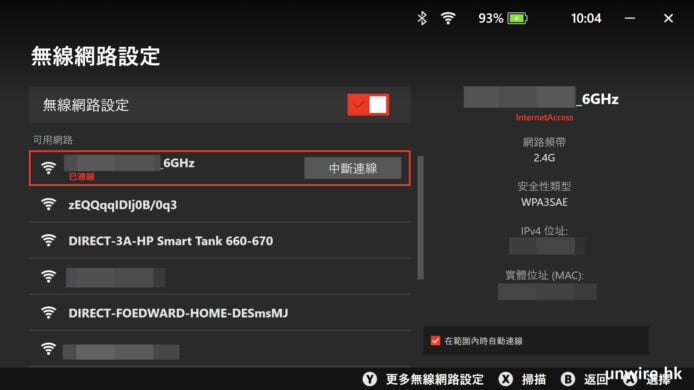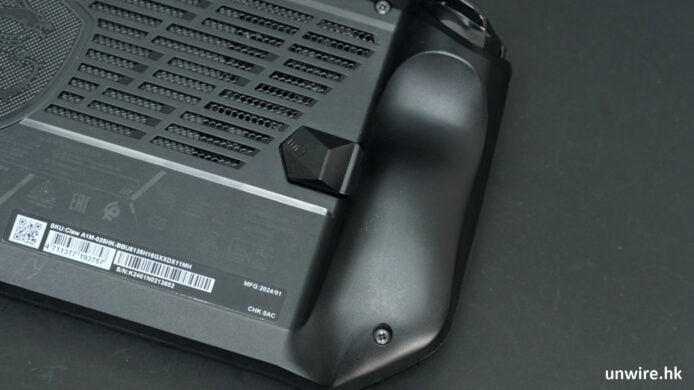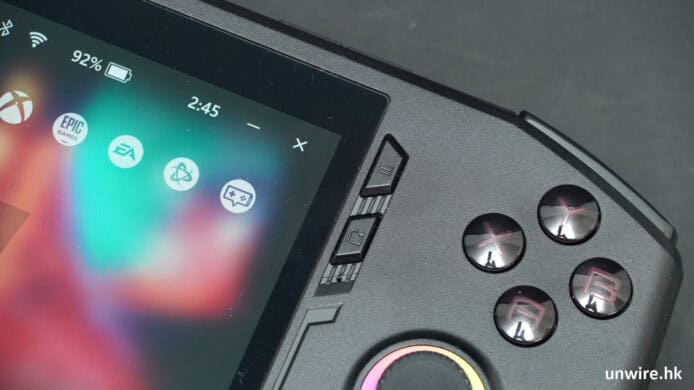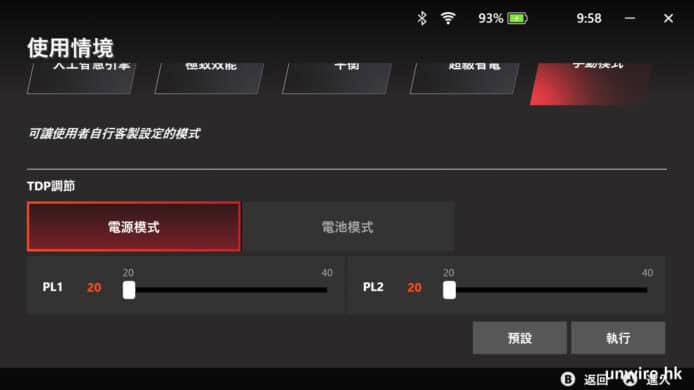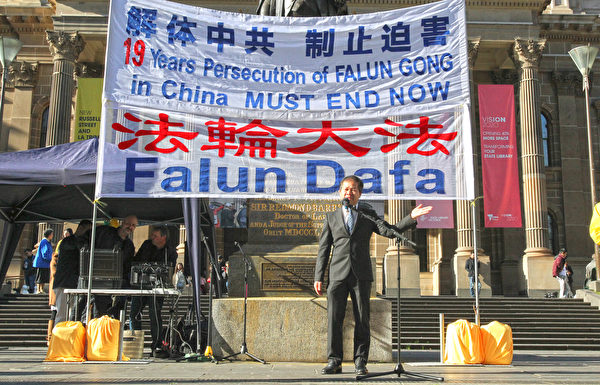The FreeBSD Release Engineering Team is pleased to announce the availability of FreeBSD12.0-RELEASE. This is the first release of the stable/12 branch.
Some of the highlights:
OpenSSL has been updated to version 1.1.1a (LTS).
Unbound has been updated to version 1.8.1, and DANE-TA has been enabled by default.
OpenSSH has been updated to version 7.8p1.
Additonal capsicum(4) support has been added to sshd(8).
Clang, LLVM, LLD, LLDB, compiler-rt and libc++ has been updated to version 6.0.1.
The vt(4) Terminus BSD Console font has been updated to version 4.46.
The bsdinstall(8) utility now supports UEFI+GELI as an installation option.
The VIMAGE kernel configuration option has been enabled by default.
The NUMA option has been enabled by default in the amd64 GENERIC and MINIMAL kernel configurations.
The netdump(4) driver has been added, providing a facility through which kernel crash dumps can be transmitted to a remote host after a system panic.
The vt(4) driver has been updated with performance improvements, drawing text at rates ranging from 2- to 6-times faster.
Various improvements to graphics support for current generation hardware.
Support for capsicum(4) has been enabled on armv6 and armv7 by default.
The UFS/FFS filesystem has been updated to consolidate TRIM/BIO_DELETE commands, reducing read/write requests due to fewer TRIM messages being sent simultaneously.
The NFS version 4.1 server has been updated to include pNFS server support.
The pf(4) packet filter is now usable within a jail(8) using vnet(9).
The bhyve(8) utility has been updated to add NVMe device emulation.
The bhyve(8) utility is now able to be run within a jail(8).
Various Lua loader(8) improvements.
KDE has been updated to version 5.12.5.
And more...
For a complete list of new features and known problems, please see the online release notes and errata list, available at:
https://www.FreeBSD.org/releases/12.0R/relnotes.html
https://www.FreeBSD.org/releases/12.0R/errata.html
For more information about FreeBSD release engineering activities, please see:
https://www.FreeBSD.org/releng/
AvailabilityFreeBSD12.0-RELEASE is now available for the amd64, i386, powerpc, powerpc64, powerpcspe, sparc64, armv6, armv7, and aarch64 architectures.
FreeBSD12.0-RELEASE can be installed from bootable ISO images or over the network. Some architectures also support installing from a USB memory stick. The required files can be downloaded as described in the section below.
SHA512 and SHA256 hashes for the release ISO, memory stick, and SD card images are included at the bottom of this message.
PGP-signed checksums for the release images are also available at:
https://www.FreeBSD.org/releases/12.0R/signatures.htmlA PGP-signed version of this announcement is available at:
https://www.FreeBSD.org/releases/12.0R/announce.ascThe purpose of the images provided as part of the release are as follows:
dvd1This contains everything necessary to install the base FreeBSD operating system, the documentation, debugging distribution sets, and a small set of pre-built packages aimed at getting a graphical workstation up and running. It also supports booting into a "livefs" based rescue mode. This should be all you need if you can burn and use DVD-sized media.
Additionally, this can be written to a USB memory stick (flash drive) for the amd64 architecture and used to do an install on machines capable of booting off USB drives. It also supports booting into a "livefs" based rescue mode.
As one example of how to use the memstick image, assuming the USB drive appears as /dev/da0 on your machine something like this should work:
# dd if=FreeBSD-12.0-RELEASE-amd64-dvd1.iso \ of=/dev/da0 bs=1m conv=syncBe careful to make sure you get the target (of=) correct.
disc1This contains the base FreeBSD operating system. It also supports booting into a "livefs" based rescue mode. There are no pre-built packages.
Additionally, this can be written to a USB memory stick (flash drive) for the amd64 architecture and used to do an install on machines capable of booting off USB drives. It also supports booting into a "livefs" based rescue mode. There are no pre-built packages.
As one example of how to use the memstick image, assuming the USB drive appears as /dev/da0 on your machine something like this should work:
# dd if=FreeBSD-12.0-RELEASE-amd64-disc1.iso \ of=/dev/da0 bs=1m conv=syncBe careful to make sure you get the target (of=) correct.
bootonlyThis supports booting a machine using the CDROM drive but does not contain the installation distribution sets for installing FreeBSD from the CD itself. You would need to perform a network based install (e.g., from an HTTP or FTP server) after booting from the CD.
Additionally, this can be written to a USB memory stick (flash drive) for the amd64 architecture and used to do an install on machines capable of booting off USB drives. It also supports booting into a "livefs" based rescue mode. There are no pre-built packages.
As one example of how to use the memstick image, assuming the USB drive appears as /dev/da0 on your machine something like this should work:
# dd if=FreeBSD-12.0-RELEASE-amd64-bootonly.iso \ of=/dev/da0 bs=1m conv=syncBe careful to make sure you get the target (of=) correct.
memstick